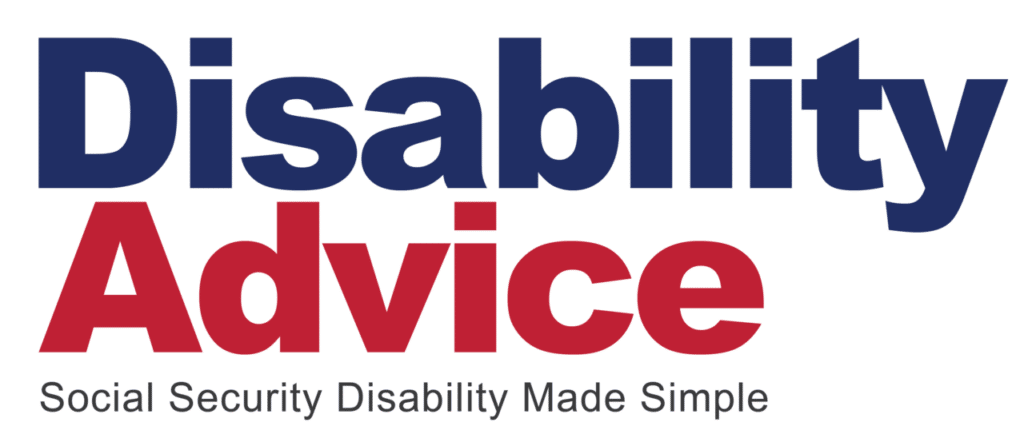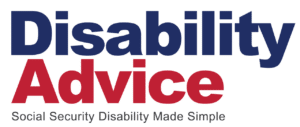Help Paying Utility Bills
Many people struggle to make ends meet, but there are government assistance programs they can turn to for help. If you are having trouble paying your utility bills, you might be eligible for temporary assistance with paying your utility bills or reducing your costs.
A disabling condition often affects people’s ability to work and pay their bills. Those unable to work because of a disability may be eligible for benefits through Social Security Disability Insurance, or SSDI. The program provides monthly compensation that recipients can use to pay utility bills. In addition, recipients are automatically enrolled in Medicare after two years of receiving disability, freeing up income for other expenses.
Financial Assistance for Utility Bills
You may be eligible for several programs that provide assistance with utility bills. Some give direct assistance for your energy costs, while others offer monthly compensation that you can use to pay down other expenses so you can afford your bills.
Temporary Assistance for Needy Families
The Temporary Assistance for Needy Families program, or TANF, helps low-income families with children or expectant mothers achieve economic stability and security. The federal government funds this welfare program through block grants to states. States set the eligibility criteria for receiving TANF.
Eligibility for TANF funds is based on income and varies widely across states. For example, in 2022 in Arkansas, a family of three was only eligible for TANF if it had a maximum monthly income of $278. In Minnesota, a family of three was eligible with a maximum monthly income of $2,679. Some states also require that you look for work while receiving TANF funds.
To learn more about your eligibility, locate your state’s TANF office.
Low Income Home Energy Assistance Program
If you can’t pay the electric bill or other energy expenses, you may be eligible for federal assistance from the Low Income Home Energy Assistance Program, or LIHEAP. If you qualify for LIHEAP, the program will pay a grant directly to the utility company to offset a portion of your cost, reducing your bill. The program also helps with weatherization and minor home-related energy repairs.
The federal government grants LIHEAP funds to states but sets the eligibility requirements for recipients. Households with at least one person who receives Temporary Assistance for Needy Families or Supplemental Security Income are eligible. People receiving certain veterans’ benefits are also eligible. People not receiving other benefits may qualify if their household income does not exceed the greater of 150 percent of the poverty level for their state or 60 percent of the state median income.
To get help, locate your state’s LIHEAP office.
Weatherization Assistance Program
The federal Weatherization Assistance Program, or WAP, helps low-income households reduce energy costs by making their homes more energy-efficient. The improvements and upgrades covered include installing new insulation, replacing windows, and repairing heating systems.
Income is a primary WAP eligibility criterion. Your household income must be at or below 200 percent of the poverty level. Your state can also choose 60 percent of its median income for eligibility, but it is not required to do so. People who receive SSI are also eligible.
The Department of Energy grants WAP funds to states that can prioritize who gets benefits. Your state may do so for the elderly, those with disabilities, high-energy users, families with a high energy burden based on income, and those with children.
To ask for assistance, find your state’s WAP office.
In addition to these programs, you can ask your provider if it offers utility bill forgiveness. For example, Washington Gas offers an Arrearage Management Program that forgives past-due balances. You may also qualify for help paying your utility bills through nonprofit organizations such as The Salvation Army. Contact your city to see if it offers a local program to help pay your energy bill.
Additional Financial Assistance Through SSDI
Working-age adults with disabilities are employed at half the average rate and are twice as likely to live in poverty as those without a disability. If someone needs help paying electric bills because a disability prevents them from working, they can seek additional financial support through SSDI. The program covers mental and physical disabilities and provides monthly compensation to recipients.
To estimate how much financial assistance you can receive through SSDI, use our SSDI Calculator.
Do I Qualify for SSDI?
The Social Security Administration, SSA, operates the SSDI program and has established its eligibility requirements. To qualify, you must be unable to engage in substantial gainful activity, meaning you cannot earn above a certain threshold. As of 2025, the most you can earn monthly and remain eligible is $1,620.
To be considered “fully insured,” you must have accrued a minimum number of work credits, some of which you have earned recently. Work credits are generally earned by paying into the Social Security system through payroll deductions.
As of 2025, you earn one work credit for each $1,810 in income from which Social Security taxes were withheld. You can earn a maximum of four credits per year. Most people need at least 40 work credits, with at least 20 earned in the last 10 years. Younger workers need fewer credits.
In most cases, you must have an SSDI qualifying condition to be eligible. The SSA lists these conditions in its listings of impairments and has established strict criteria for each. If you do not qualify, the SSA can grant your benefits based on a condition that equals one in the listings of impairments. For example, you may get SSDI for fibromyalgia, which is not in the listings of impairments, if you can prove its effects are as debilitating as inflammatory arthritis, which is.
Medical Vocational Allowances
If you don’t have a listing of Impairments or an equal one, an SSA examiner can grant you a medical vocational allowance, or MVA. These are reserved for people who don’t meet typical medical eligibility requirements but still cannot work. For example, someone with a listed condition but not all of the symptoms required for approval may have another condition affecting their ability to work. An examiner can look at the totality of the circumstances, determine you cannot work, and grant your benefits.
SSI Assistance
You may be eligible for SSI if you do not qualify for SSDI. It also provides monthly compensation, which you can use to help pay utility bills. SSI does not have work history requirements. It is a needs-based program, so you cannot earn more than $1,971 monthly income to be eligible. Your resources, such as bank accounts, stocks, and property you don’t live on, must be valued at a maximum of $2,000. These amounts are higher for couples.
You need medical evidence establishing your disability and its impact on your substantial gainful activity to get SSI assistance.
Let Us Help You With Your SSDI Application
It can be challenging to apply for SSDI, and the SSA only approves about 20 percent of initial applications. Most denials are not for medical reasons but technical ones, such as not supplying enough medical evidence.
Before you apply, make a complete list of your work history with employer names and dates worked. Consult the Listings of Impairments to review the specific eligibility criteria for your disability. It is not enough to have a condition. Your symptoms and their impact must also qualify you. Collect medical documentation to support every aspect of your claim.
Use our Applying for Social Security Benefits page to double-check that you have everything you need and will be prepared to act quickly if the SSA denies your claim.
You don’t have to face this complex process alone. Disability Advice can help you apply and appeal any denied claims. For assistance with SSDI and receiving disability benefits, contact Disability Advice, your trusted SSDI resource.
- Free case evaluation
- Assist with denied claims
- Ensure you have all documents
- Make the process easy for you

“Professionalism at its best. From intake to getting my claim started, they are the ones you need. 100% recommend to everyone.”
Pablo P.

“Having never gone through this process before, it was very easy and straightforward. VERY professional and polite.”
Alan A.

“I had a great experience with my representative. She was very friendly and she made the process very easy. I’m glad I had the pleasure to work with her in filing my claim. She provided great customer service.”
Dana C.

“I was very nervous about reaching out for help with disability benefits. This experience was so much easier than what I thought it would be. They were understanding and supportive, and answered all of my questions. I would highly recommend them.”
Alice P.

“One of the best customer service experiences I have ever had. Patient and kind and couldn’t of made my experience better. Thank you for all the help.”
Jama M.

“I was very pleased and impressed by the advocate. I feel that my chances of receiving my disability benefits are more likely to come in a timely manner.”
Danny C.
Fill in the form below and let us know how we can help you!
"*" indicates required fields

“Professionalism at its best. From intake to getting my claim started, they are the ones you need. 100% recommend to everyone.”
Pablo P.

“Having never gone through this process before, it was very easy and straightforward. VERY professional and polite.”
Alan A.

“I had a great experience with my representative. She was very friendly and she made the process very easy. I’m glad I had the pleasure to work with her in filing my claim. She provided great customer service.”
Dana C.

“I was very nervous about reaching out for help with disability benefits. This experience was so much easier than what I thought it would be. They were understanding and supportive, and answered all of my questions. I would highly recommend them.”
Alice P.

“One of the best customer service experiences I have ever had. Patient and kind and couldn’t of made my experience better. Thank you for all the help.”
Jama M.

“The person I spoke with was very knowledgeable and very thorough with answering all of my questions and making sure all my information was correct. He was very patient, kind, and was very helpful. I wasn’t sure if I would qualify, and he checked and took all of my information. The process was made very easy, thank you so much for your help.”
Patrice I.


